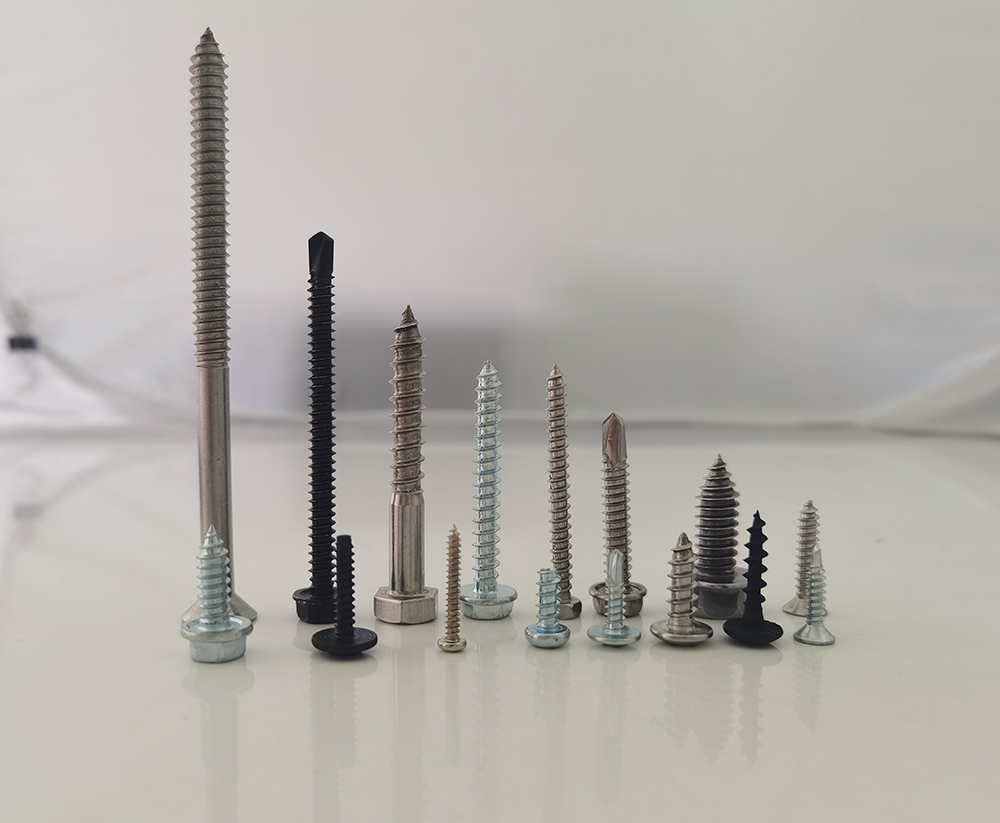When it comes to heating equipment, radiators play a crucial role, and countries have established comprehensive standards and quality requirements for their production. While these national standards help ensure basic quality, they don’t always address the nuances of choosing the right radiator for specific situations. For instance, different environments or heating systems may require different types of radiators. To help guide you through this decision-making process, let’s explore some key factors to consider when comparing radiators made from various materials.
The radiator market today offers a range of options, including cast iron radiators, low-carbon steel radiators, copper-aluminum composite radiators, and bimetallic die-cast aluminum radiators. Among these, copper-aluminum composite radiators are often considered top performers in terms of heat dissipation. The combination of aluminum fins with copper tubing significantly enhances thermal conductivity, making them highly efficient at warming spaces quickly.
In contrast, steel radiators tend to be more budget-friendly, especially low-carbon steel models. However, high-quality steel radiators can sometimes rival Other materials in price due to their durability and performance. When it comes to pressure resistance, traditional cast iron radiators stand out because of their thicker walls, which make them ideal for certain applications like steam heating systems. In such cases, opting for a dedicated steam radiator might be the safest bet.
Each type of radiator brings unique benefits to the table, contributing to the vibrant diversity within the radiator industry. Whether you’re looking for cost-effectiveness, superior heat output, or long-term reliability, there’s likely a radiator type suited to your needs. Regardless of what you choose, I’d strongly recommend purchasing from reputable manufacturers to avoid substandard products that could compromise safety or efficiency.
Ultimately, selecting the perfect radiator involves balancing personal preferences with practical considerations like installation space, heating requirements, and overall budget. By understanding these factors, you’ll be better equipped to find a radiator that meets both your functional and aesthetic expectations while ensuring years of reliable service.
Wood Screws

Stainless Steel Wood Screws ,Black Wood Screws,Wood To Metal Screws,Self Tapping Wood Screws
Kunshan Zhonggu Precision Hardware Co., Ltd. , https://www.zgfastener.com